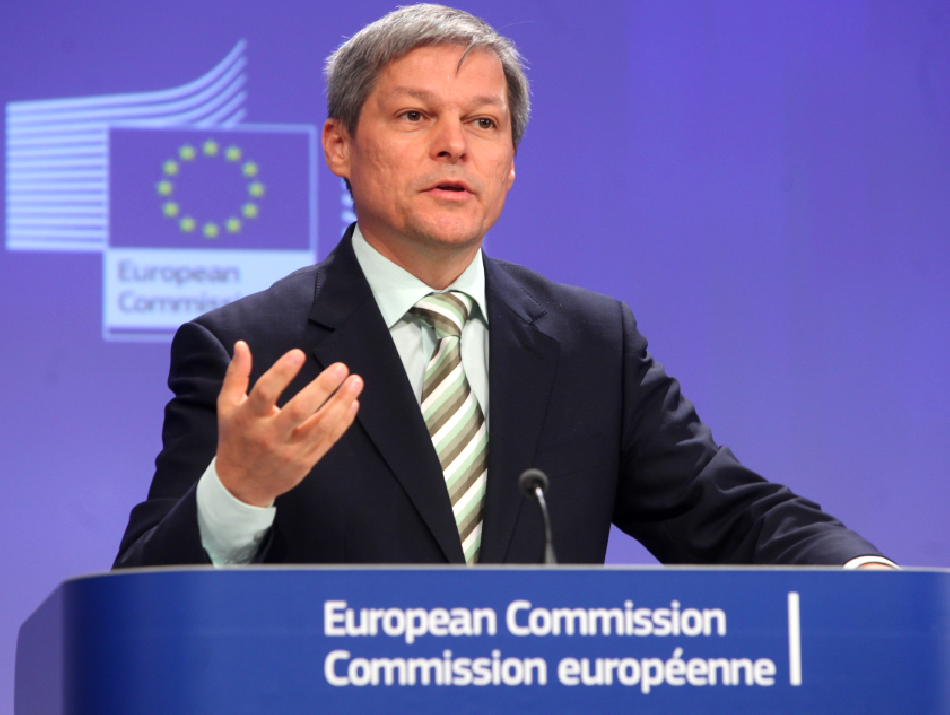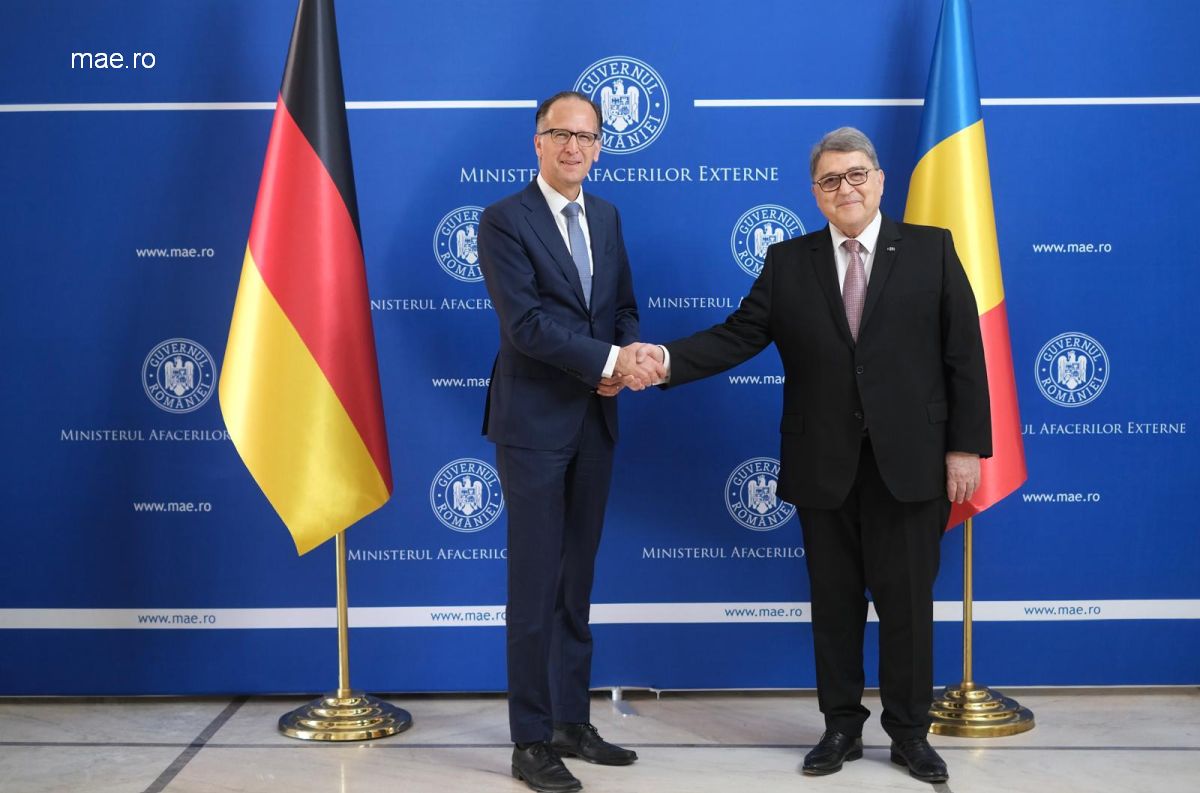Romania and the Russian import ban
Although less than other EU countries, Romania feels the effects of Russias ban on Western food imports.

Bogdan Matei, 25.08.2014, 13:24
The trade dispute between the West and Russia, with its political and geo-political undertones, already looks like a no-win war.
After Moscow’s Stalinist annexation of the Ukrainian peninsula of Crimea in March, the EU and the USA imposed economic sanctions on Russia, which got harsher after the Russians’ involvement in the secessionist uprising in the east of Ukraine. Kremlin retorted in early August with an embargo on foodstuff imports from the West.
The result is that stores in Russia are empty, whereas the Europeans no longer have a market for their fruit and vegetables. According to the European Commissioner for Agriculture Dacian Cioloş, the most affected of the EU member states are Poland, whose exports to Russia reach 800 million euros a year, Germany, with nearly 600 million euros, the Netherlands, with little over half a billion, and the Baltic states, particularly Lithuania, with several hundred million euros.
Rather reluctant to strong economic links with Russia, which has turned its trade into an instrument for its expansionist ambitions, Romania is less hit by this ban. Its impact on Romanian producers is rather indirect, generated by the imbalances in other EU markets. The Romanian Agriculture Minister Daniel Constantin says sales to Russian importers are worth little over 40 million euros, that is, less than 2.3% of Romania’s foodstuff exports. The losses of the Romanian farming sector so far only amount to 10 million euros, Constantin added. What he fears however is that the Romanian market may be flooded by vegetables and fruit originally intended for Russia, and Romanian producers may face what he called aggressive competition.
In an interview to Radio Romania International, Commissioner Cioloş said that part of the domestic yield could be distributed free of charge, with the losses subsequently covered from European funds. Brussels has already decided to earmark 125 million euros to preserve what Cioloş called a market balance of supply, prices and therefore of farm revenues. He added that all fruit and vegetable producers who can no longer export to Russia are eligible for support, whether or not they are affiliated to a farmer organisation. In Bucharest, Minister Constantin views that amount as too small, and says the European Commission should consider other support measures as well.






























